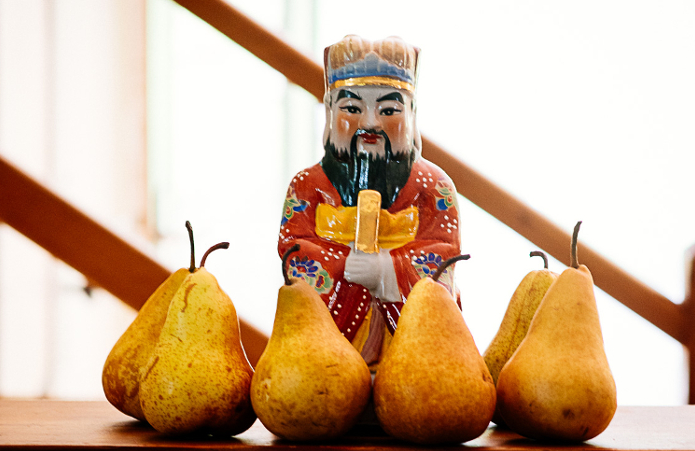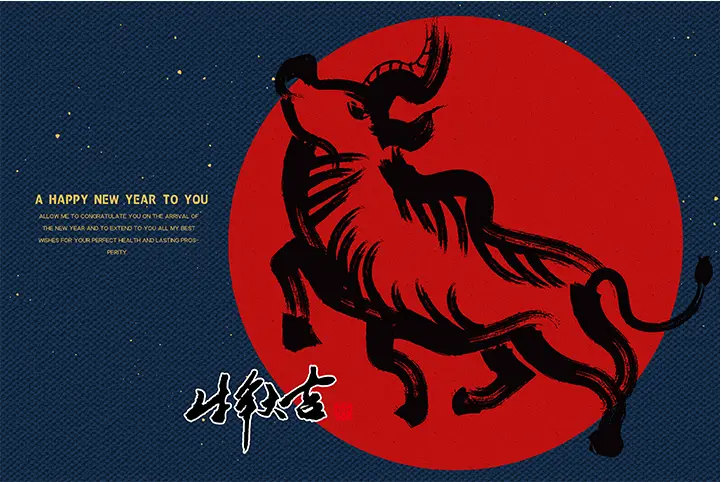April Fool’s Day: History, Meaning, Fun Facts and Celebration
| International Women’s Day (March 8): History, Significance and Celebrations | |
| Kitchen God Day: History, Significance, Celebration | |
| Lunar New Year: History, significance and celebrations |
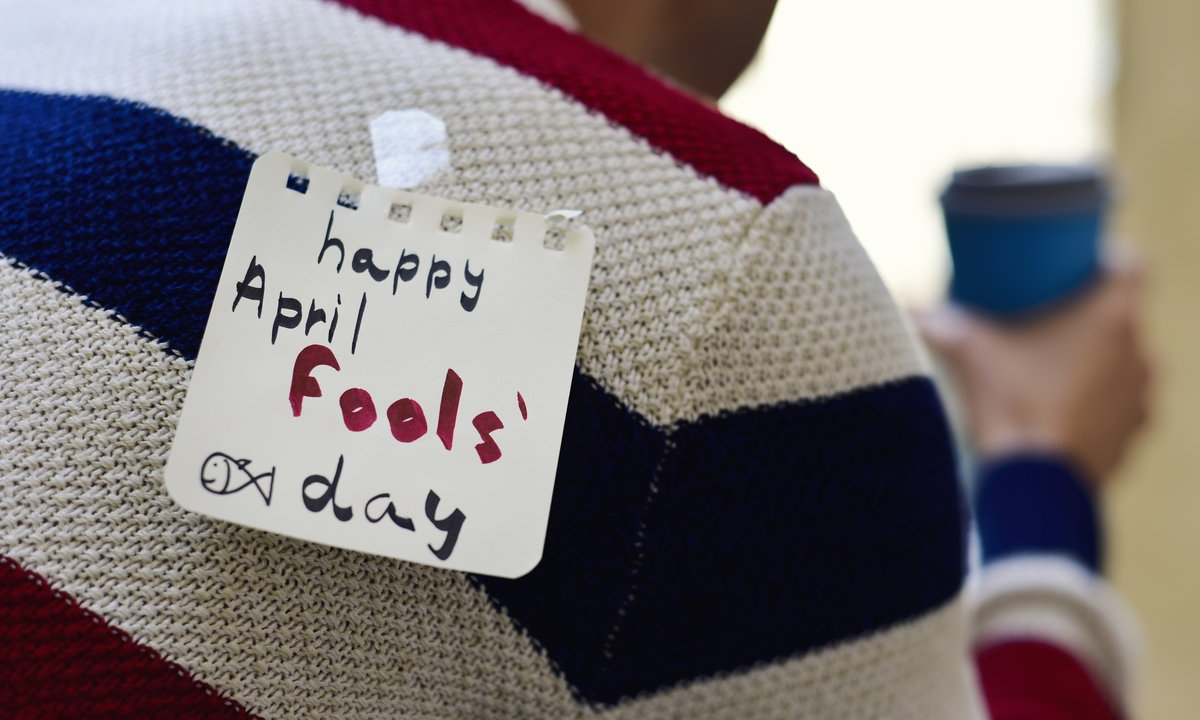 |
| Photo: Getty Images |
History and Meaning of April Fool’s Day
April Fools’ Day—celebrated on April 1 each year—has been celebrated for several centuries by different cultures, though its exact origins remain a mystery. April Fools’ Day traditions include playing hoaxes or practical jokes on others, often yelling “April Fools!” at the end to clue in the subject of the April Fools’ Day prank. While its exact history is shrouded in mystery, the embrace of April Fools’ Day jokes by the media and major brands has ensured the unofficial holiday’s long life.
Some historians speculate that April Fools’ Day dates back to 1582, when France switched from the Julian calendar to the Gregorian calendar, as called for by the Council of Trent in 1563. In the Julian Calendar, as in the Hindu calendar, the new year began with the spring equinox around April 1.
People who were slow to get the news or failed to recognize that the start of the new year had moved to January 1 and continued to celebrate it during the last week of March through April 1 became the butt of jokes and hoaxes and were called “April fools.” These pranks included having paper fish placed on their backs and being referred to as “poisson d’avril” (April fish), said to symbolize a young, easily caught fish and a gullible person.
April Fools’ Day spread throughout Britain during the 18th century. In Scotland, the tradition became a two-day event, starting with “hunting the gowk,” in which people were sent on phony errands (gowk is a word for cuckoo bird, a symbol for fool) and followed by Tailie Day, which involved pranks played on people’s derrieres, such as pinning fake tails or “kick me” signs on them.
Historians have also linked April Fools’ Day to festivals such as Hilaria (Latin for joyful), which was celebrated in ancient Rome at the end of March by followers of the cult of Cybele. It involved people dressing up in disguises and mocking fellow citizens and even magistrates and was said to be inspired by the Egyptian legend of Isis, Osiris and Seth.
There’s also speculation that April Fools’ Day was tied to the vernal equinox, or first day of spring in the Northern Hemisphere, when Mother Nature fooled people with changing, unpredictable weather.
April Fool’s Day: Fun Facts
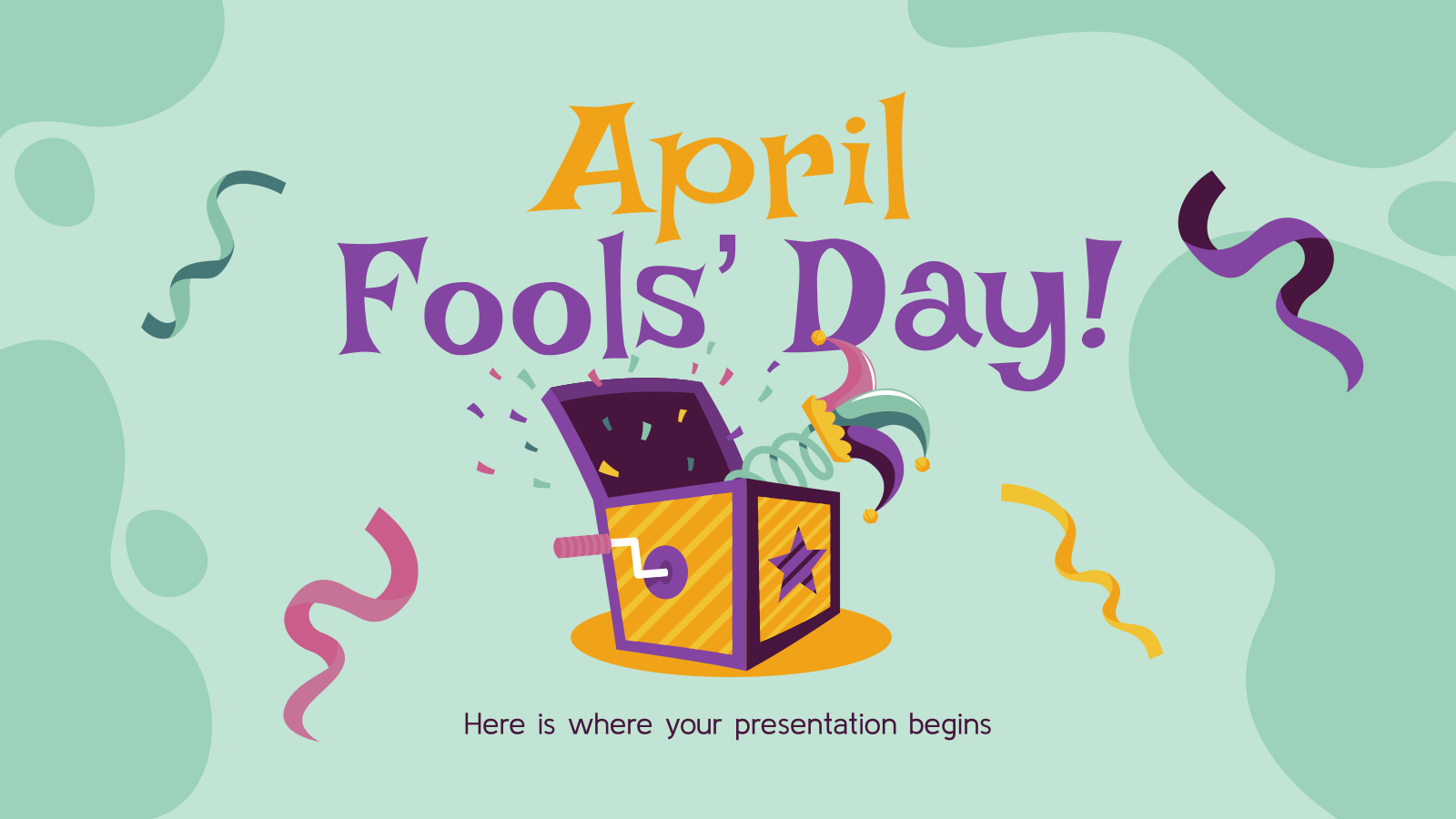 |
| Photo: Slidego |
In France, April 1st is called "Poisson d'Avril."
French children fool their friends by taping a paper fish to their friends' backs.
When the "young fool" discovers this trick, the prankster yells "Poisson d'Avril!"
In Scotland, April Fools' lasts two days. Victims of pranks are called gowks (cuckoo birds). The second day is known as Taily Day, and pranks involving the backside are played. Supposedly, it is the origin of "kick me" signs.
In England and Canada, pranks are only played in the morning of April 1st.
Memorable Pranks
Early 1950s - The BBC runs a "news" item about the spaghetti harvest in Switzerland.
1985 - Sports Illustrated runs a 14-page story by George Plimpton about a Mets pitching phenom named Sidd Finch. The reclusive, skinny Finch has a 168-mph fastball (which he credits to meditations in Tibet) and a host of quirks including carrying a French horn at all times and wearing only one hiking boot while pitching.
1986-present - Press releases for the [non-existent] New York City April Fools' Day Parade have been issued every year since 1986.
1996 - Taco Bell Corp. runs a full-page ad in several major newspapers claiming it has purchased the Liberty Bell and is renaming it the "Taco Liberty Bell."
2004 - The National Public Radio show "All Things Considered" runs a story about the post offices' new "portable zip codes" program. Based on people being able to keep their phone number even if they moved, the program was designed to represent "a citizen's place in the demographic, rather than geographic, landscape."
2008 - The BBC runs a video clip of flying penguins as part of a story for its series "Miracles of Evolution." The presenter explains that the penguins escaped the cold, harsh Antarctic weather by flying to the tropical rainforests of South America.
April 1, 2010 - The National Republican Senatorial Committee releases a parody web video celebrating President Barack Obama as "truly the greatest president ever" and that he has "kept all his promises."
April 1, 2013 - The Guardian announces the launch of its own augmented reality device, Guardian Goggles, which will "beam its journalism directly into the wearer's visual field, enabling users to see the world through the Guardian's eyes at all times."
April 1, 2016 - Google introduces "Mic Drop," a Gmail feature that enables users to send emails with an animated gif depicting a minion dropping a microphone. The prank goes awry when people accidentally click on the button and unwittingly send business emails with the whimsical animation. The feature is removed after several hours of confusion.
April Fool’s Day: Celebration around the world
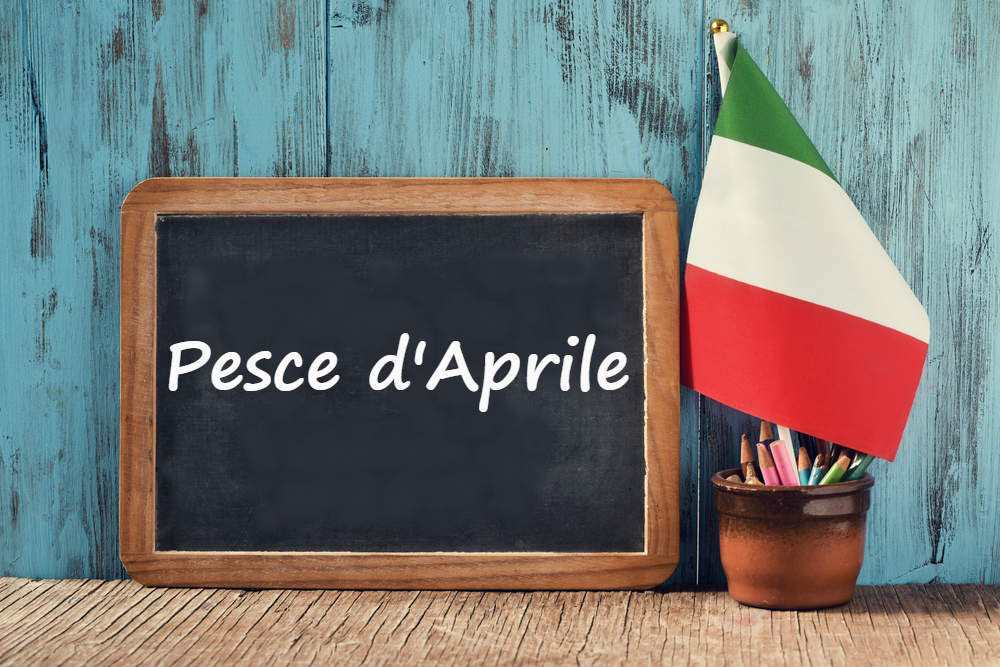 |
| Photo: The Local Italy |
Several countries around the world celebrate the day, which started around 1582. This could be due to the holiday being unique. It is day where you are encouraged to come up with fun and friendly hoaxes, play a joke on your unsuspecting siblings, family members, relatives, friends and other people you are close to. Many countries that observe the day are in the West. Some of the most popular pranks include trying to get their friends to believe something ridiculous, look for things that do not actually exist or sending people on a fool’s errand.
France
The French call the day as Le Poisson d’Avril. People eat chocolate figurines in the shape of a fish. They also tape fish-shaped paper on the backs of their friends and say Poisson d’Avril loudly. Schoolchildren often play this prank, laughing at their friends with a fish taped on their backs until the prank is discovered and they call out, “April Fish” in French.
Italy
Italy, which is close to France, celebrates April Fools’ Day similarly. Italians call the day Pesce d’Aprile, which also means April Fish. They also play the same pranks – taping fish-shaped paper on the backs of people and enjoying the lusciousness of fish-shaped chocolates. Italians have also adopted some of the tricks used by Americans to celebrate April Fools’ Day.
Netherlands
In the Netherlands, the Dutch love to play practical jokes to celebrate the day. Their pranks are more elaborate. Some tell their friends that a tow truck took their car. Students tell their friends that their classes are suspended for the day.
Greece
The Greeks have a different take regarding the day. They believe that when someone becomes the victim of a good prank, whatever misfortune the person suffered will turn into good luck. Therefore, the Greeks typically think of a good prank. Otherwise, they just do not observe April Fools’ Day. Often, the hoax is large-scale, such as announcing fake news. For example, a radio station announced that there was a pollution emergency in 1982. Many people believed the ”fake news” and started to evacuate.
Russia
You would not believe that Russians also enjoy celebrating April Fools’ Day. But instead of harmless pranks, they are more interested in comedy. So to make more people enjoy a good laugh, Russian comedians time their performances on April 1 so that people will have the chance to enjoy funny shows.
Brazil
Brazilians celebrate the dia da mentira or the Day of the Lie, their version of April Fools’ Day. For them, the pranks are also large-scale. Many Brazilians are able to come up with serious pranks that many people actually believe, as the jokes come out in print. Apparently there was a newspaper called A Mentira, which was a satirical publication. In a headline they printed on April 1, 1828, they announced that the Emperor of Brazil, named Don Pedro, died. Of course that was a hoax. The paper existed until 1894 when it ran into financial problems.
England
April Fools’ Day is celebrated in England as well, but for them, the jokes should only be played before 12:00 noon. It’s a rule that they strictly follow and it is not acceptable if the joke is revealed late in the day.
Scotland
In Scotland, April Fools’ is celebrated for two days simply because they love playing pranks with their friends. The first of April is called Hunt the Gowk Day. Gowk translates to cuckoo. The prank involves sending a person to deliver a sealed envelope. The message asks for help, but in reality, the message in the envelope tells the recipient to pass the envelope along to the next person. The following day is Taily Day. The day involves several jokes about the humans’ posterior. It could have been where the sign that says, “Kick Me” started.
Iran
Iranians have their own version of April Fools’ Day. They celebrate Sizdah Bedar or the 13th day of the New Year in Persia around April 1 or 2. There were many stories regarding jokes being played by Iranians (formerly called Persians) on this day from 536 BC. Because it is the New Year, Iranians stay outdoors in the afternoon. They share food, play games, jokes and having a good laugh. After their fun day outside their homes, they throw away green-colored vegetables they call sabzeh. The tradition is said to ward off bad luck or illnesses for the entire year.
Portugal
The Portuguese observe April Fools’ Day on the Sunday and Monday before Lent, therefore it is movable. For them, there is only one prank they do. They throw flour on a person, which they believe is better than sticking a fish behind the person.
Greece
The Greeks call the day Protos Aprilis. Just like the other countries observing April Fools’ Day, the Greeks use the day as their chance to tell harmless lies. In some parts of Greece, they believe that they will have good luck for the year if they are successful with their prank. It’s the pity that the ”victim” of the prank will have an ordinary year.
Germany
Germany is another country that enjoys celebrating April Fools’ Day. Their observance is often bigger. Their prank is called Aprilscherz and often played only on friends, co-workers and members of their family.
 | Google Doodles honors International Women's Day - Women's firsts throughout history To celebrate International Women's Day (March 8), Google Doodles takes us in a journey in celebrating a series of firsts in women’s history. Respecting the ... |
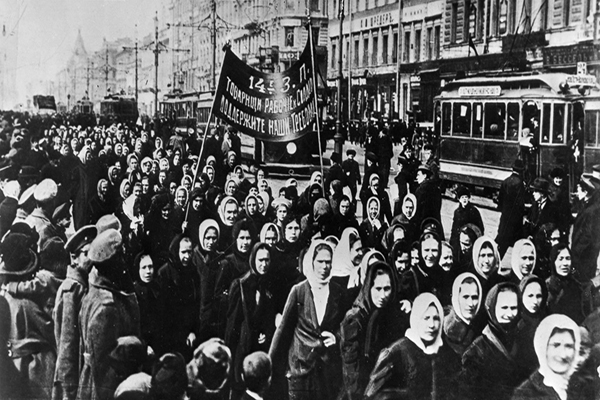 | International Women’s Day (March 8): History, Significance and Celebrations Celebrated on March 8 every year, International Women's Day is a day dedicated to honoring the achievements of women throughout history and all across the ... |
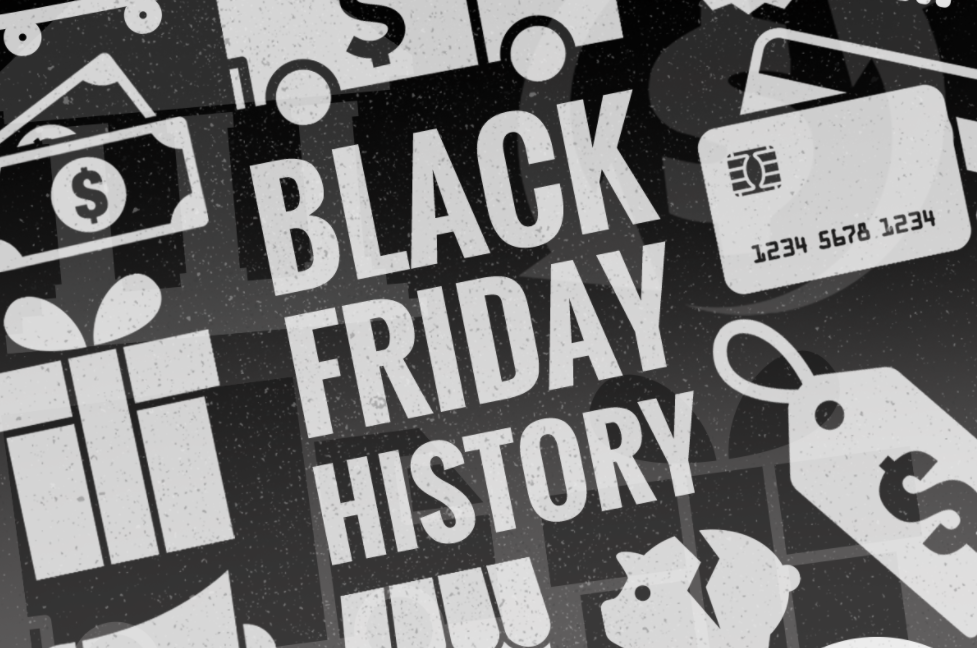 | Black Friday: The truth behind its name The retail event known as Black Friday is now an integral part of many winter celebrations, but this holiday tradition has darker roots than you ... |
Recommended
 World
World
Pakistan NCRC report explores emerging child rights issues
 World
World
"India has right to defend herself against terror," says German Foreign Minister, endorses Op Sindoor
 World
World
‘We stand with India’: Japan, UAE back New Delhi over its global outreach against terror
 World
World
'Action Was Entirely Justifiable': Former US NSA John Bolton Backs India's Right After Pahalgam Attack
 World
World
US, China Conclude Trade Talks with Positive Outcome
 World
World
Nifty, Sensex jumped more than 2% in opening as India-Pakistan tensions ease
 World
World
Easing of US-China Tariffs: Markets React Positively, Experts Remain Cautious
 World
World

